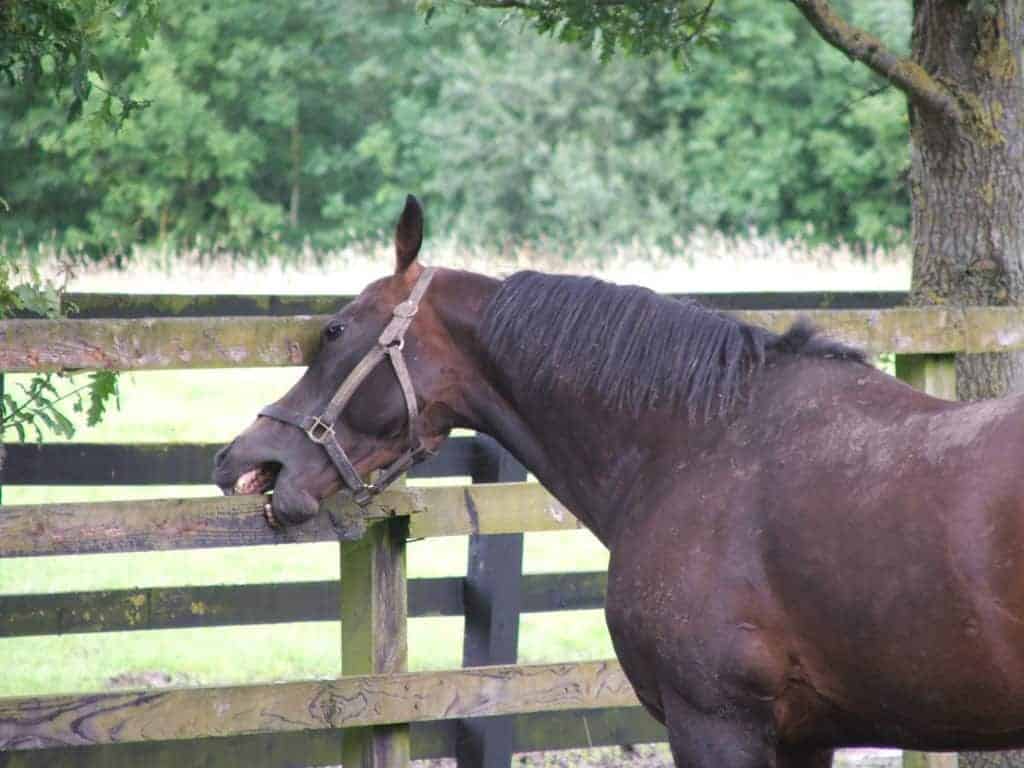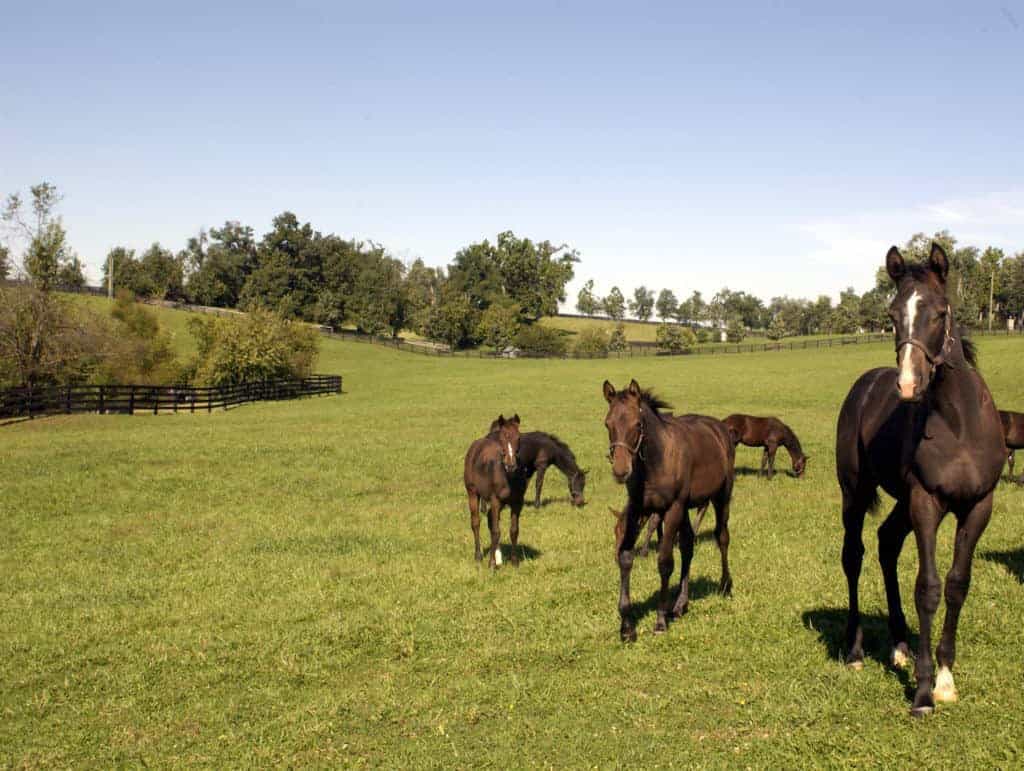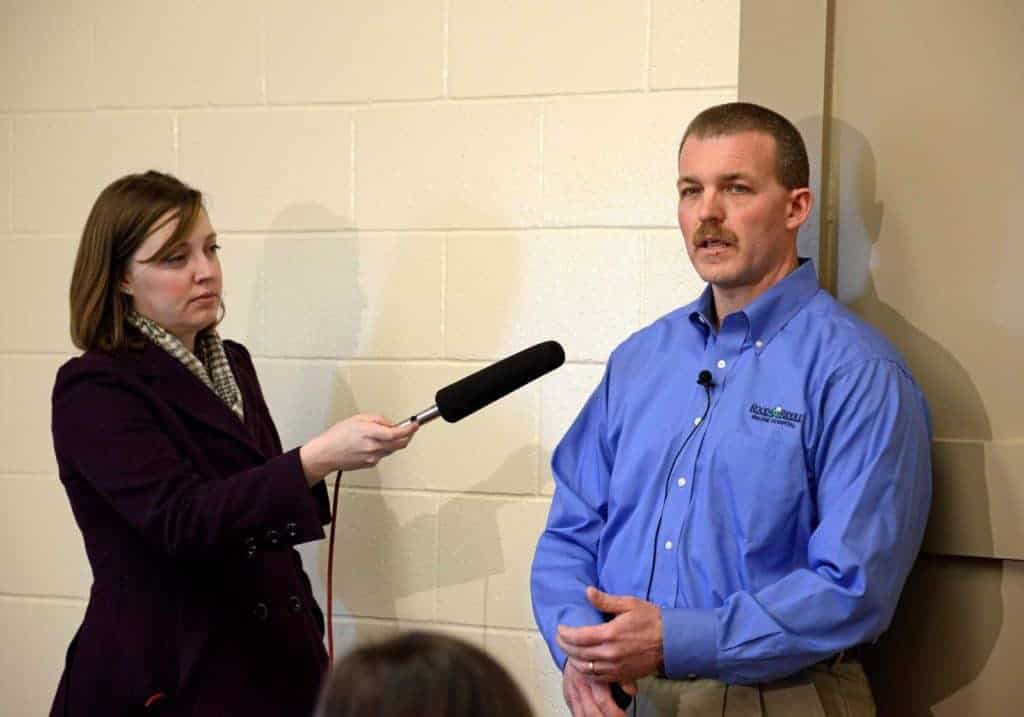
ACVIM 2013: Animal Survivor Q Beat an Uncommon Infection
The ACVIM named Q one of their animal survivors after he successfully overcame proliferative enteropathy.

The ACVIM named Q one of their animal survivors after he successfully overcame proliferative enteropathy.

Meet Q, a Rocky Mountain Saddle Horse that survived proliferative enteropathy caused by Lawsonia intracellularis.

Researchers discovered that cribbing causes increased intra-abdominal pressure.
Equine Colic Awareness Month is designed to raise awareness on the issues of colic and colic prevention.

Until recently cecal cupula impactions had only been reported in conjunction with other cecal problems.
Are there any products available to give on a daily basis to horses that develop gas easily?
Reported diseases include contagious equine metritis, strangles, influenza, equine herpesvirus, and more.
Equine Guelph has opened registration for a second offering of their eWorkshop on colic prevention.
The Grayson-Jockey Club Research Foundation approved funding of 12 new projects in 2013.

Our experts answer your questions about ulcers, GI tract problems, and general “tummy troubles” in horses.

Researchers tested the usefullness of four blood serum tests in detecting L. intracellularis.

Your horse’s fecal production and appearance can be an indicator of good or poor health.
Yearly variability in exposure to a severe disease-causing bacterium of young horses appears to be different than previously thought.
Does the actual act of normal rolling cause torsion?

Rachel Alexandra remains in serious condition Feb. 14 after undergoing surgery yesterday.
Equine Guelph is combating colic with a new online eWorkshop March 11-24.
Stay on top of the most recent Horse Health news with
"*" indicates required fields